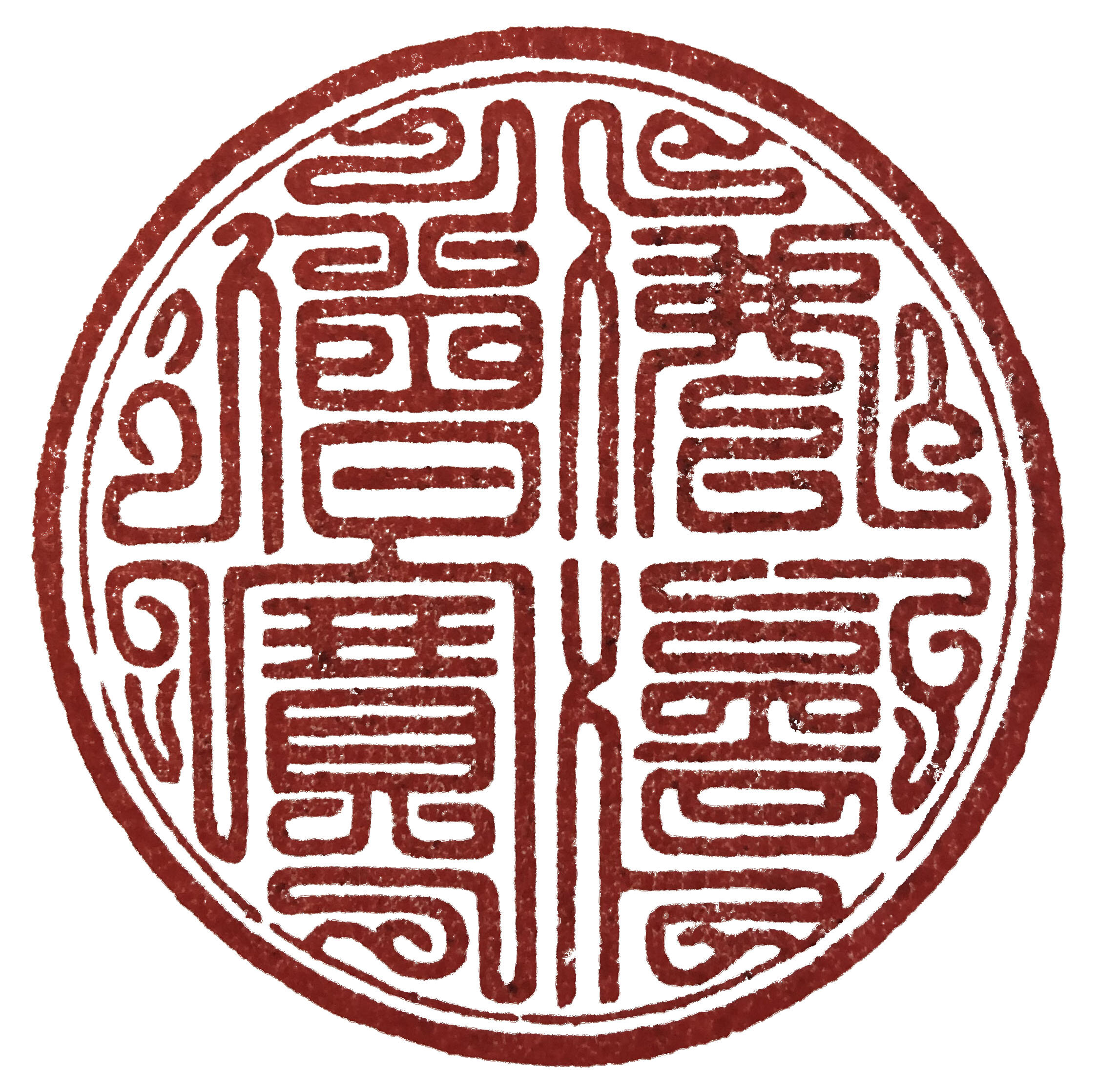When we talk about enlightenment
In the Buddhist tradition we talk about enlightenment a lot, but what is it talking about exactly? We know that on December 8th Gotama Buddha attained enlightenment. This enlightenment included the deep realization of interdependence of all beings, dependent origination, the cause of suffering, its end, and the way to end it. So, when Buddha taught this dharma to monks, nuns, laypeople, and all sentient beings; why is it that we are not immediately enlightened when hearing or reading the sutras? After all, the dharma contains what the Buddha awakened to right? This is because we are deluded about enlightenment.
In a sense, when we hear the teachings of Buddha we are enlightened because we are all inherently Buddhas. However, because we think we are outside of Buddha’s enlightenment from December 8th over 2500 years ago, we search the dharma for some secret teaching hidden in a koan, or some special words or experiences that will awaken us to what we think enlightenment is. It is generally thought that becoming enlightened, we will lose all of our suffering. Can this be true? It seems that we believe enlightenment is a magical state of being where all our suffering, pain, mental afflictions, anger, and boredom up and pop like a bubble, never to bother us again.
Yet, even the Buddha had failings after his enlightenment. Buddha would get sick, old, and die between the sal trees off the side of the road, in great pain from severe food poisoning in his 80s. I’m sure shakyamuni Buddha had bad memories, pain, shame, and guilt. As a human being these are unavoidable. So, what is enlightenment then if we are never permanently rid of this human suffering? Are we all doomed to die, as the Buddha did, in pain on the side of the road of life? No, we are not doomed because we have Buddha’s dharma. Buddha, like all of us, had the karma of human life. However, as a Buddha, he was not hindered by this karma. For Buddha to be a Buddha he had to continue practicing Zazen, the 8fold path, and giving voice to the fact of dharma. Dharma is apparent regardless of our seeing, hearing, smelling, tasting, touching, or thinking. Thus, Buddha’s give voice to this dharma for the benefit of all beings and unfolds 5is dharma morning, noon, and night. Through living dharma the same way Buddha did we are able to see the temporary nature of our suffering. We are able to experience the pain of anger, guilt, shame, birth, old age, disease, and even death as enlightenment itself because nothing in this life is outside of our experience of of this life. If enlightenment is to be found in this life, which is subject to pain, suffering, and death; then awakening to this enlightenment cannot be separate to pain, suffering, and death.
This may be a great disappointment to many who were hoping for a magical end to suffering through a life shattering “Kensho” awakening experience, but in a way this is life shattering. Life shattering because we don’t have to avoid the painful parts of our lives when we realize more accurately what this enlightenment is. When we stop having to be afraid of the monster of our own lives, the monster will sit down with us in the posture of Buddha and wake up too. The monster will remain a monster and you will remain a human being, but that is alright because the monster and you will be practicing together. You will still be subject to pain, guilt, shame, sickness, old age, and death, as well as the joys of life as an expression of real enlightenment.
One with Buddha
One with dharma
One with sangha

